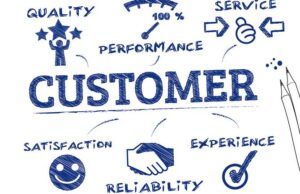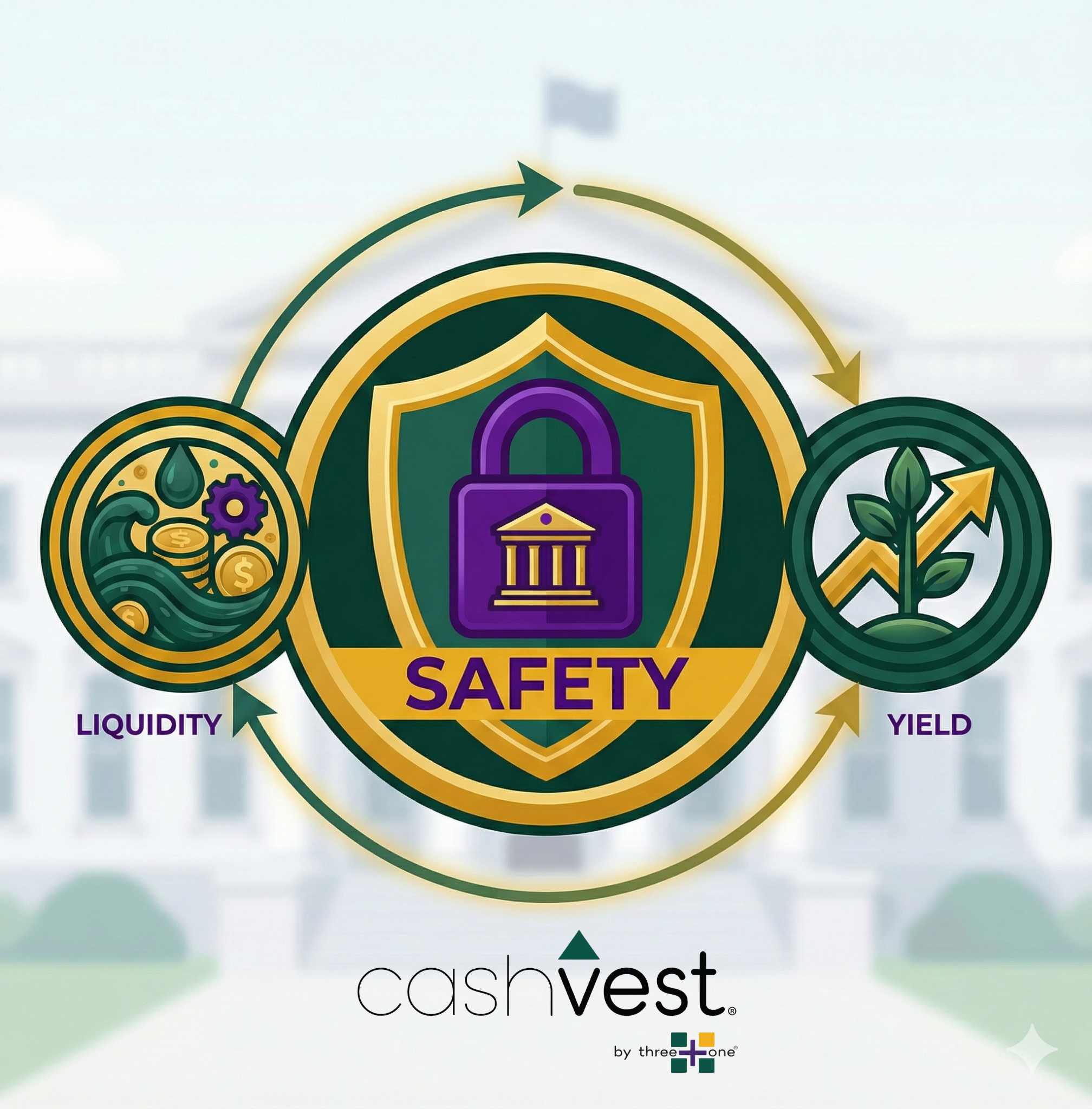A personal relationship with your banker is everything. Being a good customer1 has its rewards but also comes with responsibilities.
Last week, I had a meeting with a local banker. She told me how much she enjoys personal interactions with her clients. She shared a story about a customer who had stopped by her office to just say hello and drop off a cup of coffee. A few weeks later that client called for help on an unexpected matter, and she responded immediately. His request required critical information and needed higher management approval. However, based on her knowledge of and relationship with the client, she was able to address all his questions while he was still on the line.
So many times we expect bankers to react to our requests at a moment’s notice. However, given higher demands and the need to service many clients, the ability to respond swiftly is often directly linked to the strength of the bond between client and banker.

So what does this mean?
1.) Given Dodd-Frank regulations—yes, they’re still in place—and the need to “Know Your Client,” strong communications between banks and entities are a must. No matter who initiates the call, please respond as soon as possible. Both sides need to get in the habit of responding quickly; that’s especially important when an unexpected need or emergency occurs.
2.) It’s healthy to meet with—or call—your banker at least once a quarter. This can be a challenge if you have multiple bank relationships. Make your primary bank and/or lending institution your top priority; secondary banks require only an annual meeting and review.
3.) Call, email, or stop by every once in awhile to just say hello. Let me assure you, as a former banker, such a greeting, with no requests attached, goes a long way. Those friendly touches will be remembered if and when you have to make special request later on.
4.) When there are significant changes at your office, notify your bankers. Provide any essential information as well as any forms the bank may need to keep on file. Don’t surprise your bankers well after the fact. This can cause mistrust and lead to delays when time is tight or the need is great.
5.) The right fit and comfort level are important elements to a healthy bank relationship. If you make an effort and you get little response back from your banker, then it might be time to consider a new banker.
Given our business, public service, higher Ed, and government banking experience, we believe in the strength of an engaging banking rapport. The value of a strong customer relationship with your banker(s) is everything, which will lead to better pricing, proactive deposit rate increases, and a quicker ability to respond to simple or complicated requests. And that will enable you do more for those you serve—your customers2.
Definition of customer (noun)-
1. Informal: A person one has to deal with or through.
2. A person who purchases goods or services from another; buyer; patron.
Origin 1400-50 late Middle English


